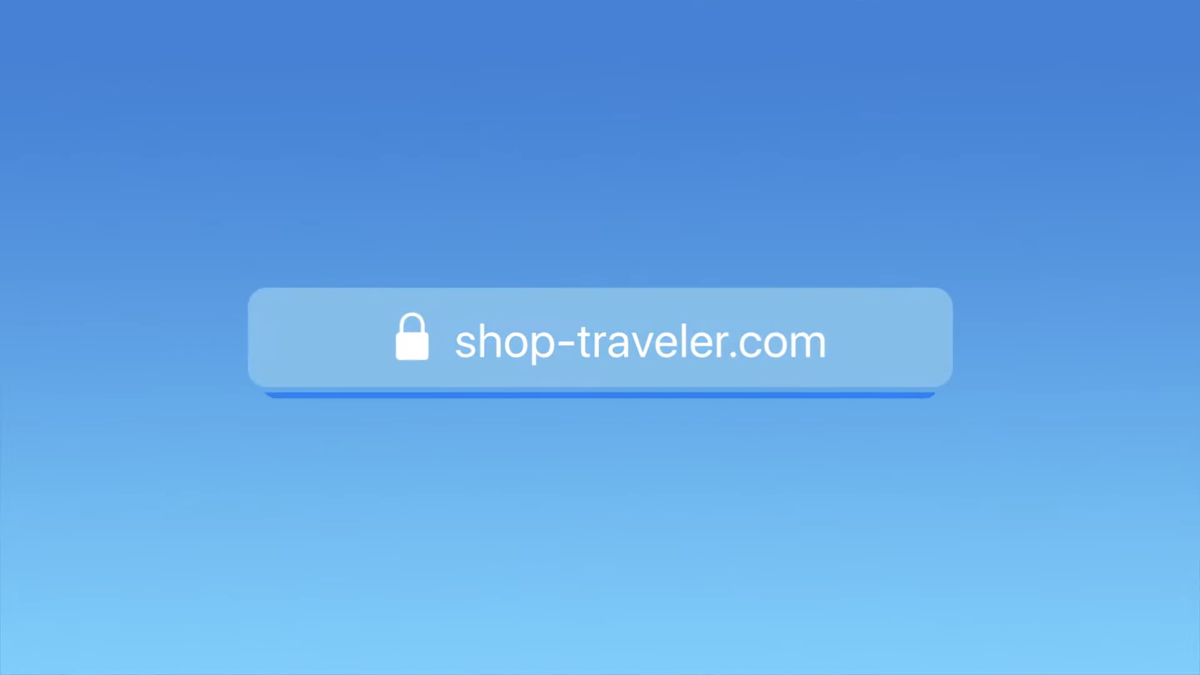Quick Links
"Private Relay" is a new VPN-like service scheduled for iOS 15, iPadOS 15, and macOS Monteray in fall 2021. At WWDC 2021, Apple announced Private Relay alongside some other privacy-focused services. These will be included with iCloud's paid plans, which will be renamed to iCloud+.
What Does Private Relay Do?
At the time of the announcement, Apple went into a few details on how Private Relay will work. For one, it seems that it will be exclusive to the Safari browser on iPhone, iPad, and Mac. When enabled, it will encrypt all data leaving your device, including the address of any sites that you want to visit. Then, it will send your data through two so-called "relays." The first will assign you a random IP address in your region, and the second will decrypt the name of the site and send you there.
By using two servers in this way, Apple claims that it will protect your identity "because no single entity can identify both who a user is and which sites they visit." The whole proposition sounds enticing and seems like a good way to bolster Apple customers' privacy---at least, for those who've already signed up to iCloud's paid plans.
Is Private Relay a VPN?
Of course, the first question on our minds was whether or not Private Relay is a VPN. According to The Verge, Apple denies that it's a VPN. That being said, it does sound like it has some of the functionality of a virtual private network, like how it assigns you a new IP address, but there are some key differences, too.
One of the most important is that Private Relay uses two relays rather than the single server of a VPN. This means that Apple is neatly sidestepping a VPN's biggest Achilles' heel: The possibility of a VPN provider keeping logs, which is a privacy concern when using VPNs.
In short, when you connect to a website, a record is kept of that connection by your internet service provider (ISP). When you use a VPN, the ISP can't see the sites that you visit anymore, but the VPN can. This is a big issue and one of the reasons that you should always make sure that you're doing business with a no-log VPN.
By using two servers, Apple renders this issue moot: Supposedly, while Apple does know what the first server is doing, it can't know what the second is up to because everything is encrypted. It's a pretty elegant solution overall. In fact, it's reminiscent of the Tor, which is also designed for anonymity.
Is Private Relay Like Tor?
Private Relay's system of routing traffic through more than one point is a lot like how Tor bounces traffic around. Tor users send their traffic to the website that they want to visit by hopping them through so-called nodes, which are usually small servers run by volunteers, maybe even on their home PCs. The difference with Apple Relay---besides calling nodes "relays"---is that there are only two (Tor networks can hop dozens of times in some cases.).
By keeping the hop count down to just two and using proprietary servers---that's an assumption on our part, but knowing Apple, a reasonable one---Apple is solving Tor's biggest issue, namely, that of speed. Even a well set-up Tor network slows connection speeds considerably, but Private Relay seems to be getting around that. We won't know for sure until we check it out for ourselves.
What Will Private Relay Look Like?
Nobody can do anything but make assumptions about Private Relay until we actually get our hands on iCloud+. At the time of writing shortly after WWDC in June of 2021, it's unclear exactly when it will be rolled out in beta form---although it should be part of iOS 15 in fall of 2021.
When it's rolled out, it won't be available in a number of countries due to "regulatory reasons." These include two countries where VPNs are illegal, China and Belarus, as well as other places, like Saudi Arabia and Turkmenistan, where the government likes to keep an eye on things.
As it stands now, Private Relay is going to be a Tor-like system that will probably be a lot faster than actual Tor thanks to a low hop count and the use of, most likely, optimized servers. Unlike Tor or a VPN, however, users won't be able to select a server outside of their region, or even pick a server of their choice in their own region. In other words, you can't use Private Relay to appear as if you're browsing from another region or a specific area, as you can with a VPN.
It also looks like Private Relay will be Safari exclusive. Whether or not app traffic is protected is unclear. If it can only be used through Safari---exclusively when browsing---it will be less useful, especially on mobile devices where most activity is run through apps.
Can Private Relay Replace a VPN?
Overall, it seems like iCloud+ will be a nice set of added security and privacy features on top of the already reasonably priced iCloud storage plans, but we doubt that Private Relay will replace VPNs and Tor.
While it's obviously secure and private, it removes the choices that users have over how they use it. If Apple made it possible to choose regions and also let it play nice with other browsers and apps, then it would be a force to be reckoned with.
For now, VPNs are still more powerful, flexible tools. But for people who aren't using a VPN, Private Relay will make some VPN-style privacy features even more accessible. That's great news.

ExpressVPN
ExpressVPN is our top VPN pick. It's fast, inexpensive, and works on every platform---with all your apps. Many of us at How-To Geek have trusted and used it for years.

